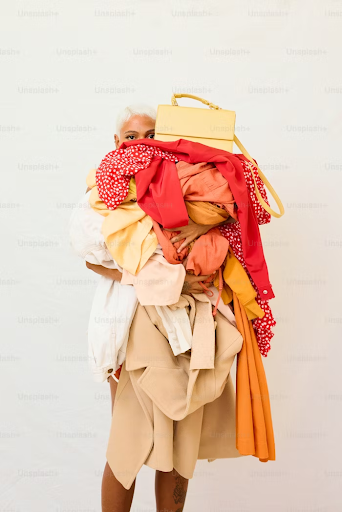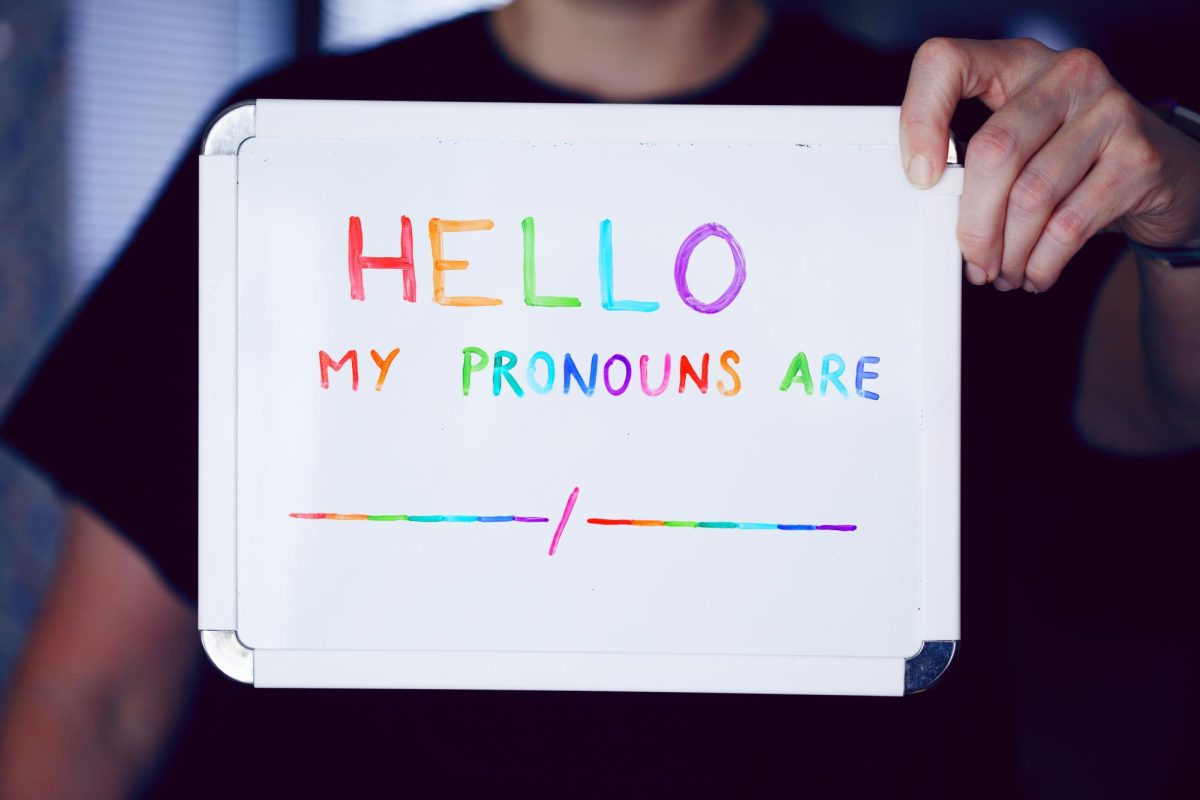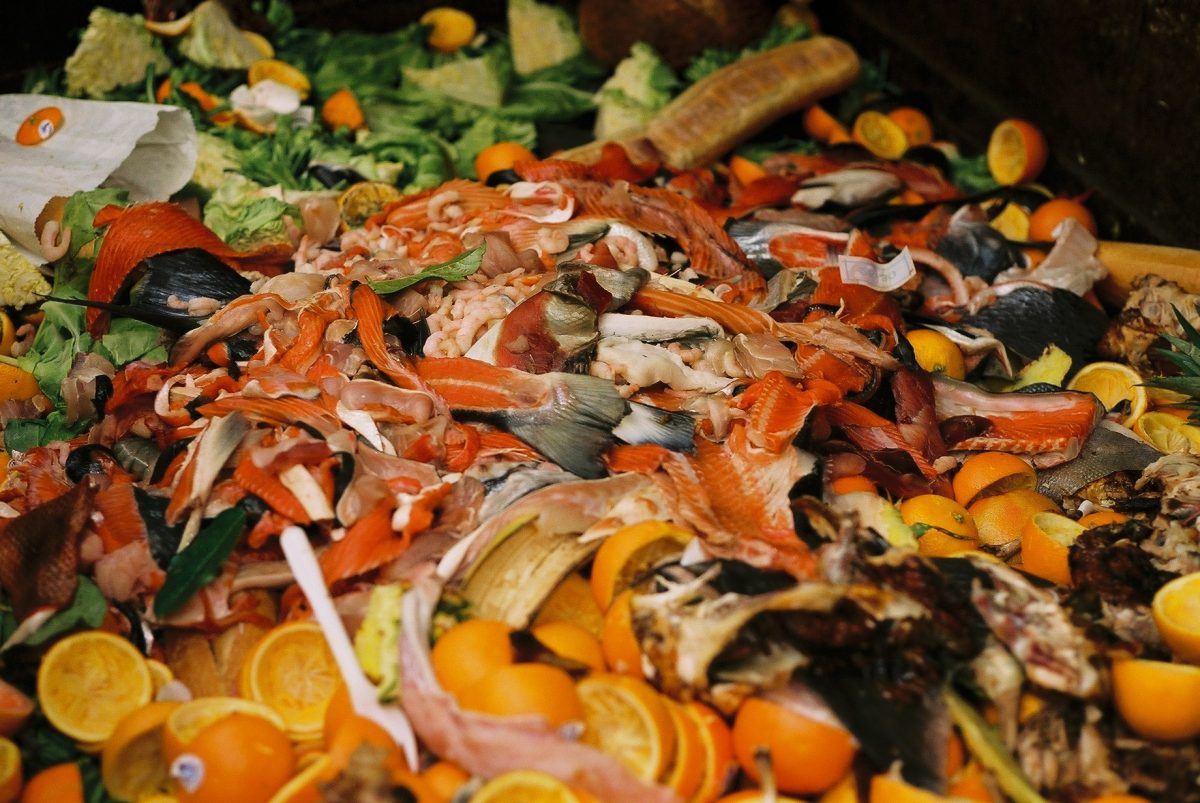
Recently, while I was cleaning out my bedroom, an impending thought crossed my mind—why do I own so much stuff that I barely use? Have you ever felt overwhelmed by how much you’ve accumulated over the years, only to realize that most of it isn’t necessary? This train of thought led me to reflect on overconsumption, especially as a college student trying to balance limited funds and the constant temptation to buy into trends.
It’s wild to think about how normalized this concept of always wanting more is in our culture. Whether it’s clothes, gadgets, or even food, we’re constantly surrounded by advertisements convincing us that we need the latest, greatest thing that has been released and is better than the original.
I’ll admit, I’ve fallen for it too, adding stuff to my cart because it’s “on sale” or buying something new when the old one is perfectly fine. The overall truth is that most of these purchases just end up sitting around unused collecting dust, or even worse in the trash.
A common thing we have all seen is fast fashion. How mind-boggling it is to see how quickly trends come and go. One day, it’s all about oversized blazers, and the next, it’s cargo pants. One of the main online retailers is Temu, where the quality is terrible but for the price, it’s worth it. Honestly, I’m proud to say I never fell for the trap of Temu because it’s not worth it in the long run.
With stores pumping out these items at groundbreaking speed, it makes it hard to resist buying into the hype. Here is the question: where does all that go when the trend dies? Your answer is landfills that are being overflowed with clothes that were barely worn, and it’s a hard pill to swallow.
Food is also another area where overconsumption hits hard. Have you ever bought a bunch of groceries with good intentions, only to throw half of it out because it spoiled? I know my family is guilty of that as we buy fresh produce in the hopes of eating healthier, but it ends up being forgotten and going bad. Meanwhile, so many people don’t have enough to eat – it’s a painful reminder of how unevenly resources are distributed.
What makes overconsumption even more frustrating is how corporations profit from our vulnerability. They design products to break or become obsolete, so we have to keep buying more. They market trends, so we feel like we’re missing out if we don’t keep up. Let’s not forget how they use social media influencers to make us think we need things we didn’t even know existed five minutes ago.
Here’s a quick thought: we are not powerless against this. One small step is being more mindful about what we buy. Before purchasing something, ask yourself, “Do I really need this?” or “Will I still use this in a year?” It sounds quite simple, but it can make a big difference. Another step is learning to reuse what we already have. Instead of buying new clothes, try thrifting, swapping with friends, or repurposing old items.
I’ve also realized how important it is to support sustainable businesses. Yes, their products might cost more upfront, but they’re usually better quality and better for the planet. It’s also worth holding companies accountable—demanding that they create products designed to last and reduce waste in their production processes.
I’ll be honest: it’s not easy to break out of the cycle of overconsumption. We live in a world where “more” is constantly marketed as better, and it’s hard not to give in. But I think it’s worth trying. Taking small steps, like buying less, wasting less, and rethinking what we truly need, can make a big difference.
At the end of the day, overconsumption is about more than just stuff—it’s about the impact we have on the planet and the legacy we leave for future generations. So, next time you’re tempted to buy something you don’t really need, pause and think: “Do I really need this, or am I just being sold the idea that I do?”













